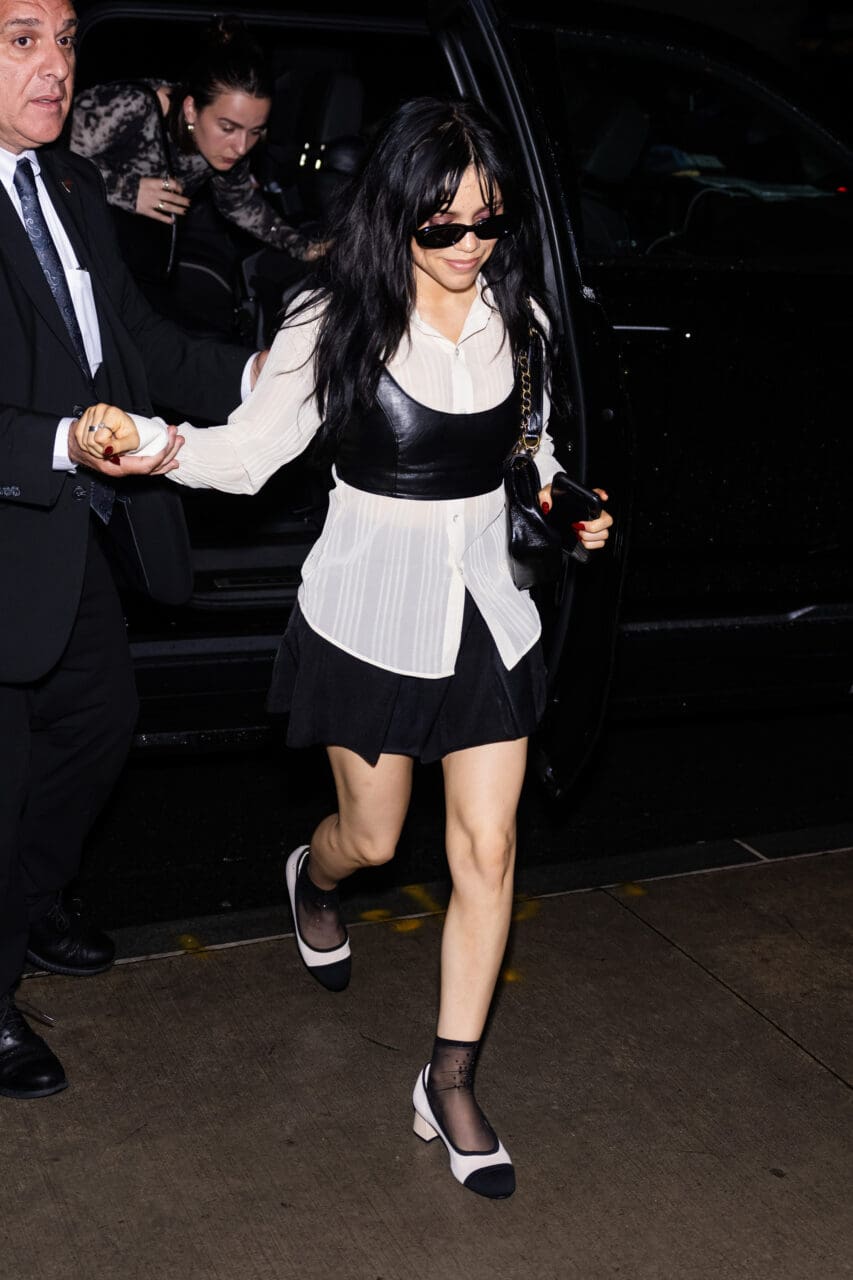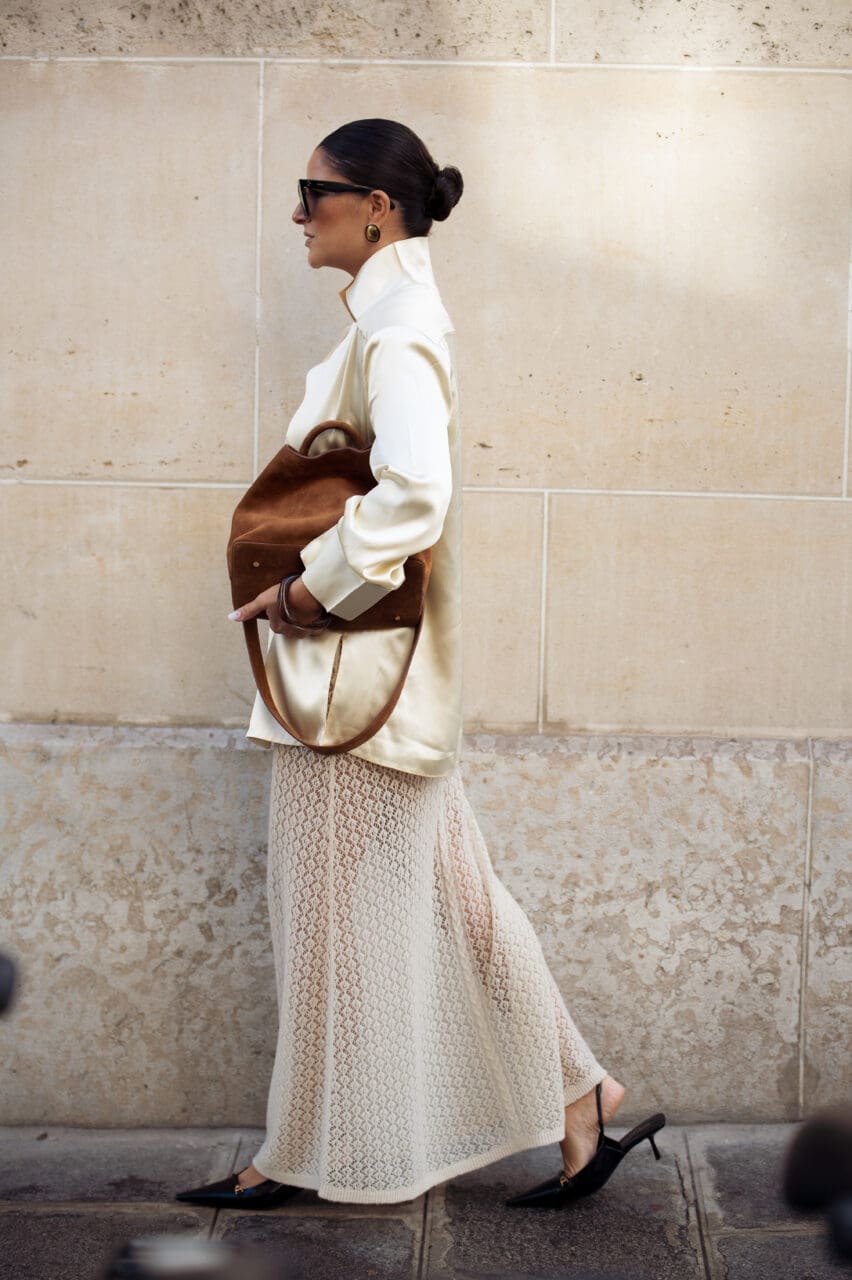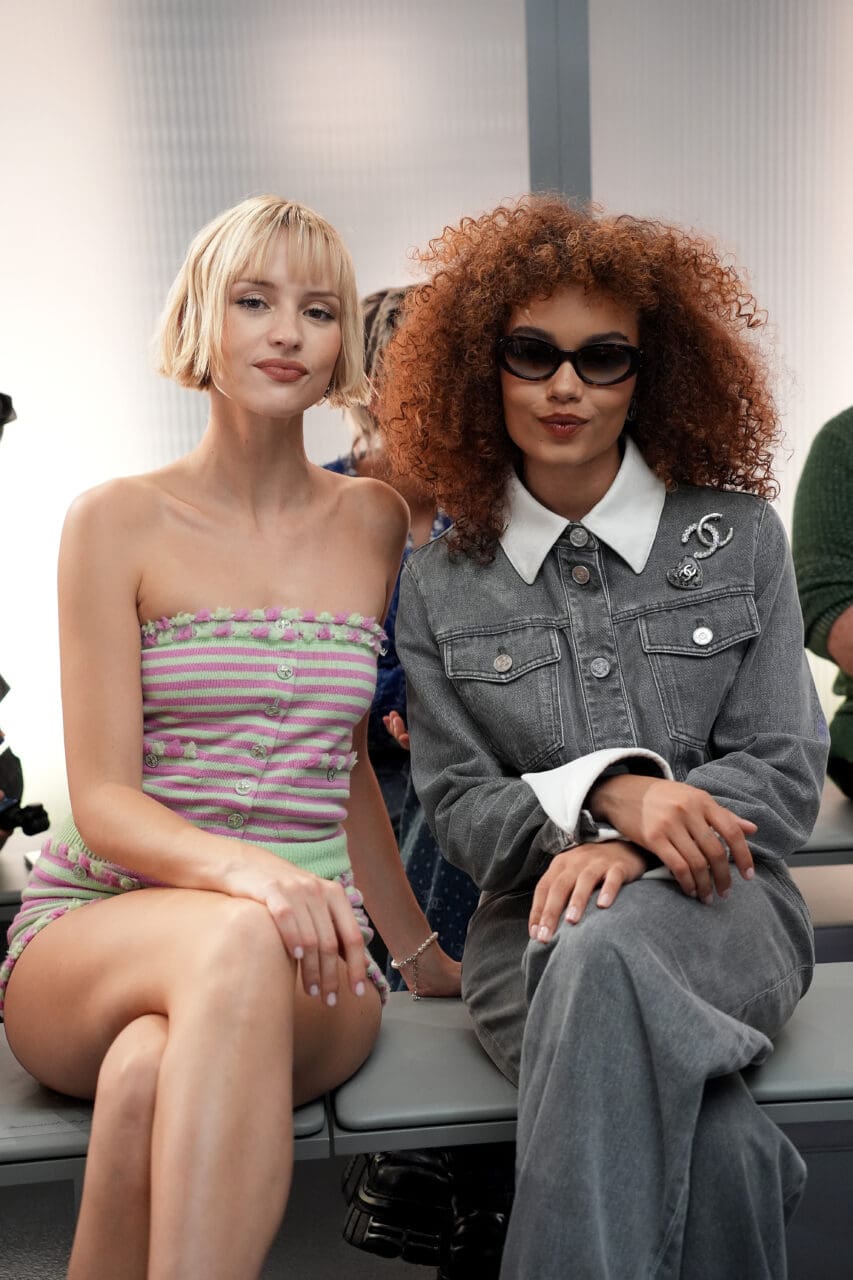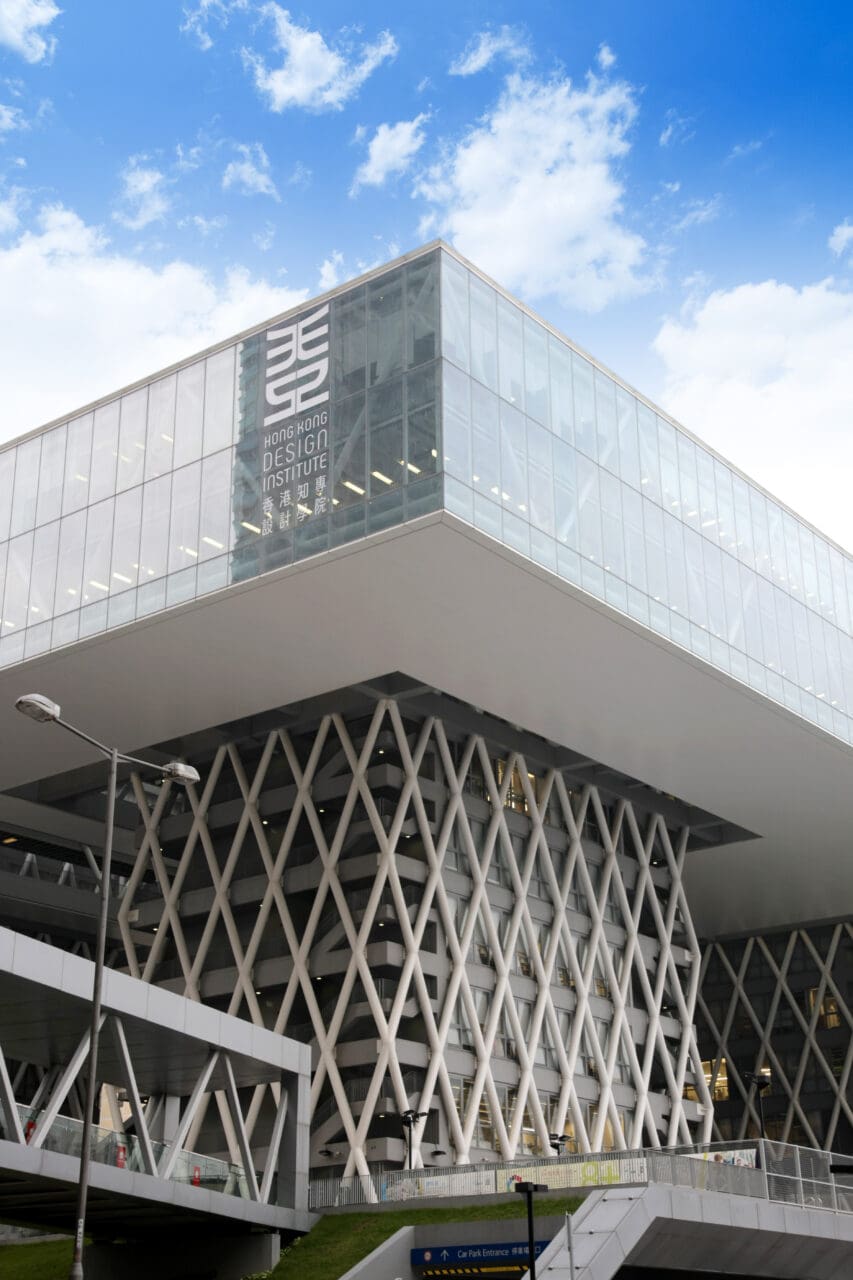There’s no question that 2020 was a difficult year for fashion. The Covid-19 pandemic hit young designers especially hard, forcing many to not only figure out how to stay in business, but how to stay creative and inspired in one of the world’s darkest times. The 20 semi-finalists for the 2021 LVMH Prize represent the award’s first pandemic class, showcasing the many ways young talents have had to adapt and expand in trying times. Their collections will be shown in a virtual showroom from 6 to 11 April, and in an LVMH Prize first, visitors will be able to vote on their favourites.
“This year, over 1,900 people applied: Young designers are showing great maturity in their work,” said Delphine Arnault, executive vice president of Louis Vuitton and founder of the LVMH Prize. “Today, designers are asked to be much more than designers, and the candidates have adapted to this new reality. They are very aware of their image, they build their businesses… and above all, they think about creation and its environmental issues. All the semi-finalists show a sincere and deep commitment, whether it be social, ethical, artisanal, environmental, or local. They are anchored in today’s world.”
The 2021 semi-finalists hail from around the world, spanning Lebanon to Nigeria, and Japan to the United States, and represent a cross-section of the industry. Some, like Christopher John Rogers, who won the 2019 CFDA/Vogue Fashion Fund, and Charles de Vilmorin, the newly appointed creative director of Rochas, are already starting to make names for themselves. Others like Rui and Nensi Dojaka are less well-known but nonetheless celebrity favourites, dressing the likes of Bella Hadid and Kylie Jenner. On the whole, the 2021 semi-finalists represent a more independent segment of young designers: Every brand is a solo project, with the exception of Amy Trinh and Evan Phillips of Wed.
The 2021 winner will receive a €300,000 prize and a year of mentorship from designers and executives within LVMH, the winner of the Karl Lagerfeld special prize will receive a €150,000 sum and a year of mentorship. “This has been one of the great strengths of the Prize since its launch,” said Arnault of the mentorship. “The winners are young, often working alone or in pairs, sometimes surrounded by very small teams, and they aren’t always aware of how this industry works, in terms of intellectual property or marketing, sourcing or distribution, supply chain. All the winners confirm how much this helps them in their strategy and their development.”
In addition to a new slate of designers, the LVMH Prize also has a new ambassador: Naomi Osaka. The 23-year old tennis champion will join the LVMH judges, including new additions Bella Hadid and Vogue China’s Margaret Zhang, and present the grand prize (in person, we hope!) later this year. “She is an exceptional young woman, authentic and committed, who embodies her generation. Her career and her convictions, her personal artistic involvement are a model for all the semi-finalists,” said Arnault. “I am very happy that she has accepted to be the ambassador of this edition.
Asked for a few additional words on this year’s cast of designers, Arnault listed their unifying qualities: “Their vision of the future, their optimism, their commitment, and of course, their talent!”
The 2021 LVMH Prize semi-finalists are:
AGR, a British womenswear brand based in the United Kingdom, designed by Alicia Robinson, 30
Bianca Saunders, a British menswear brand based in the United Kingdom, designed by Bianca Saunders, 28
Charles de Vilmorin, a French genderless brand based in France, designed by Charles de Vilmorin, 25
Christopher John Rogers, an American womenswear brand based in the United States, designed by Christopher John Rogers, 28
Conner Ives, an American womenswear brand based in the United Kingdom, designed by Conner Ives, 25
Federico Cina, an Italian genderless brand based in Italy, designed by Frederico Cina, 27
KidSuper, an American menswear brand based in the United States, designed by Colm Dillane, 30
Kika Vargas, a Columbian womenswear brand based in Columbia, designed by Kika Vargas, 38
Lagos Space Programme, a Nigerian genderless brand based in Nigeria, designed by Adeju Thompson, 30
Lukhanyo Mdingi, a South African womenswear and menswear brand based in South Africa, designed by Lukhanyo Mdingi, 29
Midorikawa Official, a Japanese genderless brand based in Japan, designed by Tadu Midorikawa, 39
Nensi Dojaka, an Albanian womenswear brand based in the United Kingdom, designed by Nensi Dojaka, 28
Post Archive Faction, a Korean menswear brand based in South Korea, designed by Dongjoon Lim, 29
Renaissance Renaissance, a Lebanese womenswear brand based in Lebanon and France, designed by Cynthia Mehrej, 32
Rier, an Italian genderless brand based in France, designed by Andreas Steiner, 36
Rui, a Chinese genderless brand based in China, designed by Rui Zhou, 27
Saul Nash, a British menswear brand based in the United Kingdom, designed by Saul Nash, 31
Shuting Qiu, a Chinese womenswear brand based in China, designed by Shuting Qiu, 27
Taakk, a Japanese menswear brand based in Japan, designed by Takuya Morikawa, 39
Wed, a British womenswear brand based in the United Kingdom, designed by Amy Trinh and Evan Phillips, both 30
Editor
Steff YotkaCredit
Lead image: courtesy of LVMH





